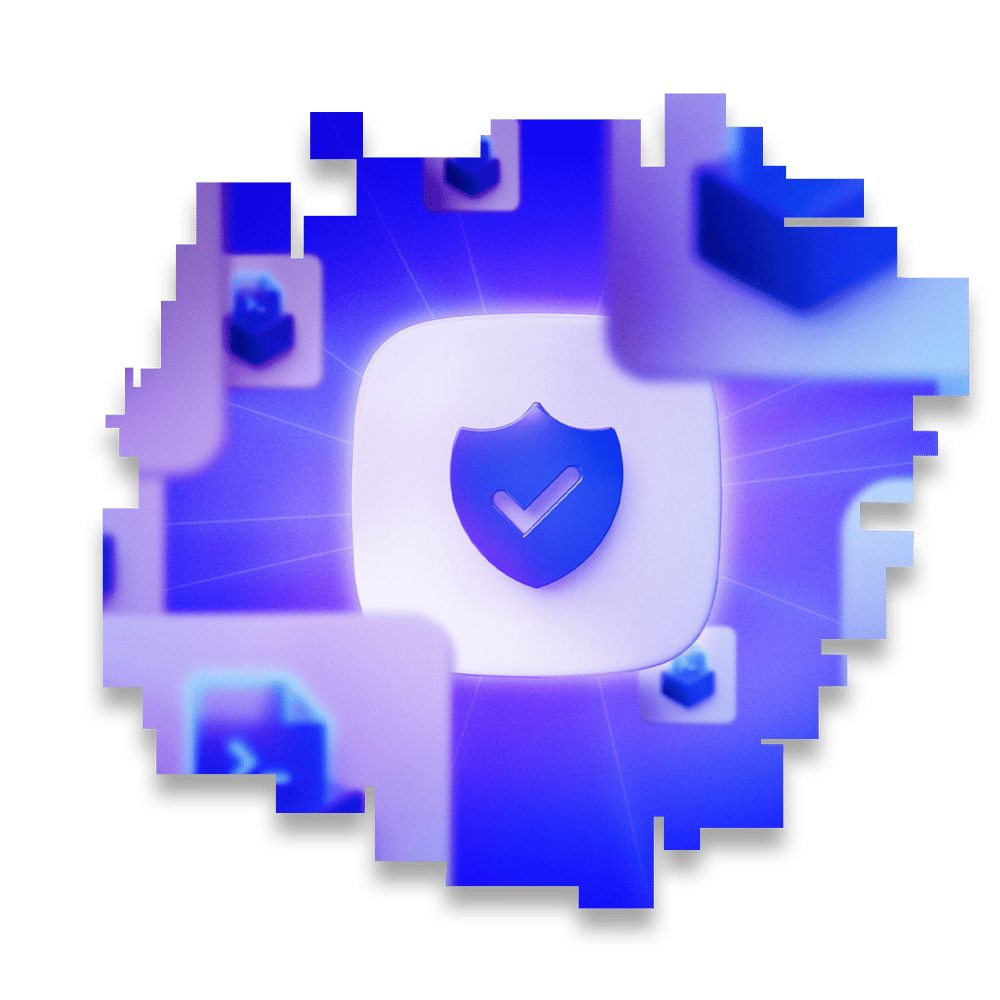-
Products
-
Solutions
-
Resources
-
Company
- Pricing
Products
Solutions
Resources
Company

Guardsquare empowers SDK developers to safeguard their business against potential revenue loss, brand reputation damage, and non-compliance repercussions.

As mobile SDK developers, it is impractical for you to ensure the security of the mobile apps in which your SDK is implemented. However, without proper security, threat actors could decompile or disassemble the mobile app to target your SDK to understand its internal logic, modify its behavior, steal the business logic, and disrupt your business.

Close to 90% of organizations experienced mobile app security incidents in 2023.
Source: Assessing Mobile App Security
A strong mobile SDK security posture helps protect your brand reputation, competitive edge, and business’ bottom line.

Insecure mobile SDKs allow threat actors to perform static and dynamic analysis to inspect the SDKs’ inner workings, gain insights into its functionality, and modify its behavior to perform different kinds of attacks, such as fraud and phishing.

Without strong code hardening and runtime protection, threat actors could identify, locate, and steal the business logic, proprietary algorithm, and embedded IP to be cloned or sold, disrupting your business operations and competitive advantage.

Mobile SDKs are lucrative attack vectors for threat actors as they are often utilized in multiple applications with an even larger end-user base. Unaddressed security vulnerabilities on the mobile SDK level could lead to a breach that affects all the mobile applications that use it. Unfortunately, there have been cases where SDK developers could be held responsible for the damages caused by these security breaches.

Insecure SDKs might result in non-compliance with app store policies, industry standards, and regulatory requirements. As a result, the mobile application that uses the SDK could be removed from production, impacting SDK developers’ revenue and brand reputation as well as potential lawsuits.

Insecure mobile SDKs allow threat actors to perform static and dynamic analysis to inspect the SDKs’ inner workings, gain insights into its functionality, and modify its behavior to perform different kinds of attacks, such as fraud and phishing.

Without strong code hardening and runtime protection, threat actors could identify, locate, and steal the business logic, proprietary algorithm, and embedded IP to be cloned or sold, disrupting your business operations and competitive advantage.

Mobile SDKs are lucrative attack vectors for threat actors as they are often utilized in multiple applications with an even larger end-user base. Unaddressed security vulnerabilities on the mobile SDK level could lead to a breach that affects all the mobile applications that use it. Unfortunately, there have been cases where SDK developers could be held responsible for the damages caused by these security breaches.

Insecure SDKs might result in non-compliance with app store policies, industry standards, and regulatory requirements. As a result, the mobile application that uses the SDK could be removed from production, impacting SDK developers’ revenue and brand reputation as well as potential lawsuits.
The widespread use of mobile SDKs requires not only mobile application developers to vet the third-party SDKs they use but also demands SDK developers ensure the security of their SDKs. Learn about the potential risks of insecure SDKs and what developers can do to mitigate them.



